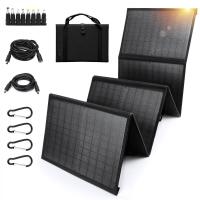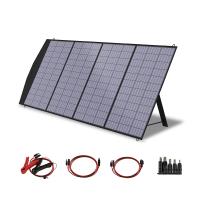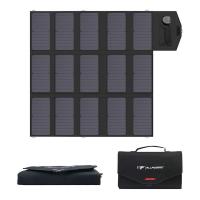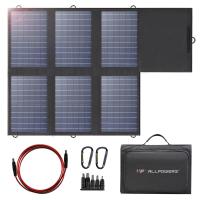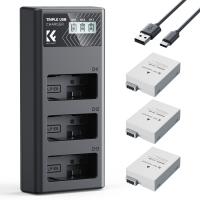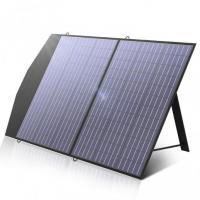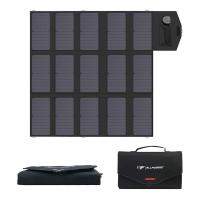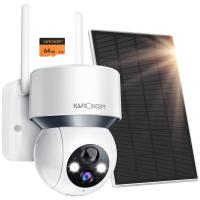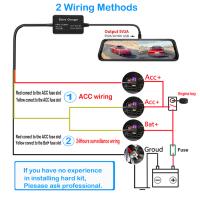How Much Do You Save From Solar Panels?
Switching to solar energy is a significant decision that can have a profound impact on your finances and the environment. As more people become aware of the benefits of renewable energy, the question of how much one can save from installing solar panels has become increasingly relevant. This article aims to provide a comprehensive overview of the financial savings associated with solar panels, addressing various factors that influence these savings and offering practical advice for those considering making the switch.
Understanding the Basics of Solar Savings
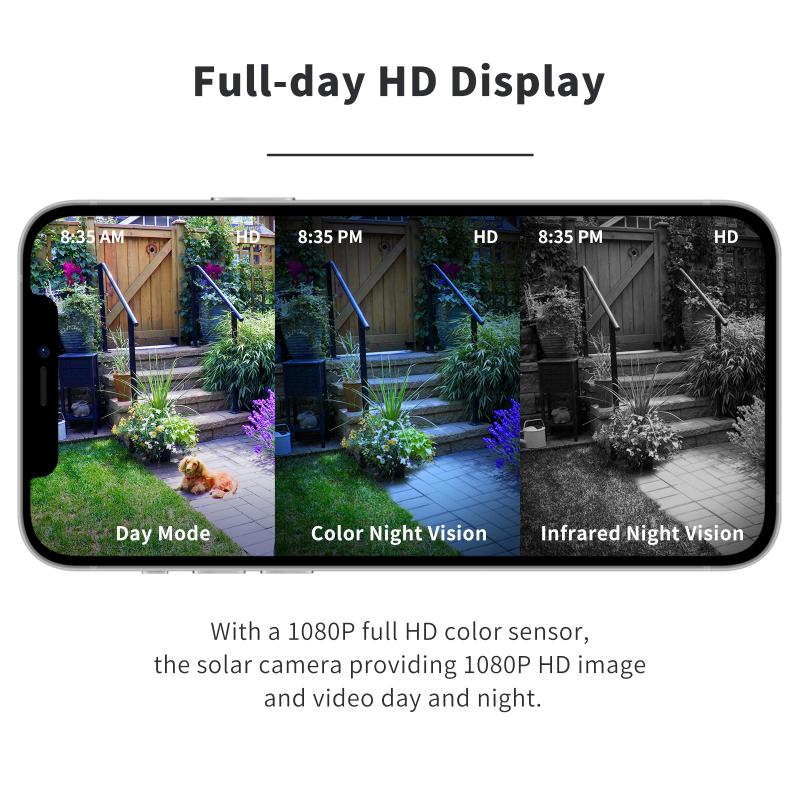
The primary way solar panels save you money is by reducing or eliminating your electricity bills. When you install solar panels, they generate electricity from sunlight, which can be used to power your home. This means you rely less on electricity from the grid, leading to lower utility bills. The extent of these savings depends on several factors, including the size of your solar panel system, your energy consumption, and the cost of electricity in your area.
Factors Influencing Solar Savings

1. Geographical Location: The amount of sunlight your location receives directly impacts the efficiency of your solar panels. Areas with more sunlight will generate more electricity, leading to higher savings. For instance, states like California, Arizona, and Nevada, which receive abundant sunlight, offer greater potential for solar savings compared to states with less sunlight.
2. Electricity Rates: The cost of electricity in your area plays a crucial role in determining your savings. Higher electricity rates mean greater savings from solar panels. If you live in a region with high utility rates, the financial benefits of switching to solar will be more pronounced.
3. System Size and Efficiency: The size and efficiency of your solar panel system also affect your savings. Larger systems generate more electricity, which can offset a greater portion of your utility bill. Additionally, more efficient panels convert sunlight into electricity more effectively, enhancing your overall savings.
4. Incentives and Rebates: Government incentives, tax credits, and rebates can significantly reduce the upfront cost of installing solar panels, thereby increasing your net savings. The federal Investment Tax Credit (ITC) allows you to deduct a portion of your solar installation costs from your federal taxes, and many states offer additional incentives.
5. Net Metering: Net metering policies allow you to sell excess electricity generated by your solar panels back to the grid. This can further reduce your electricity bills and increase your savings. The specifics of net metering policies vary by state and utility company, so it’s important to understand the regulations in your area.
Calculating Your Solar Savings
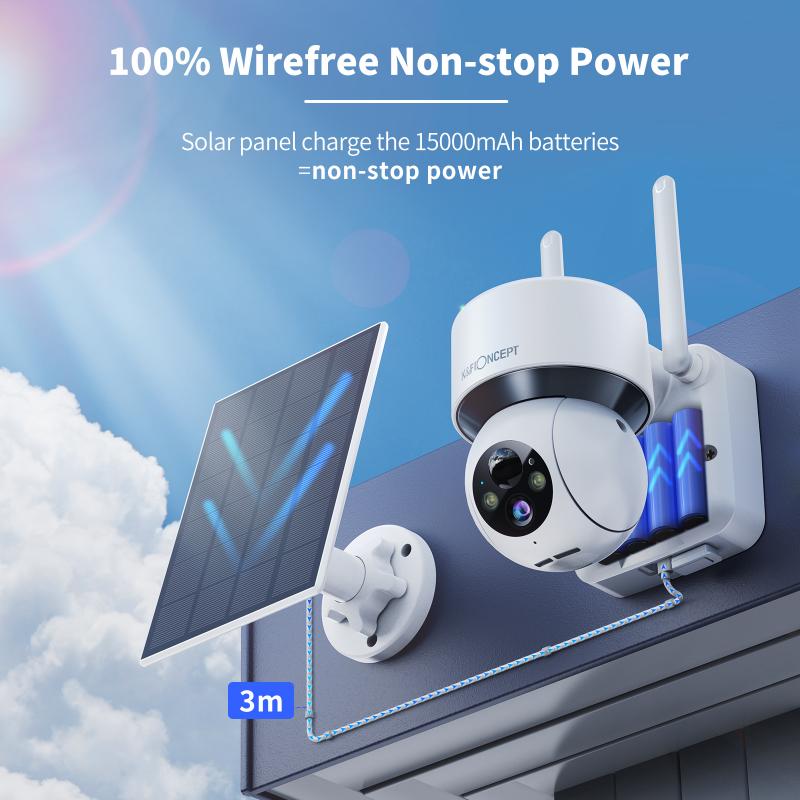
To estimate your potential savings from solar panels, you can use online solar calculators that take into account your location, electricity usage, and other relevant factors. These tools provide a personalized estimate of your savings over time, helping you make an informed decision.
Long-Term Financial Benefits

1. Return on Investment (ROI): Solar panels are a long-term investment that can yield substantial returns. The initial cost of installation is offset by the savings on your electricity bills, and most systems pay for themselves within 5 to 10 years. After this payback period, the electricity generated by your solar panels is essentially free, leading to significant long-term savings.
2. Increased Property Value: Homes with solar panels often have higher property values and sell faster than those without. Buyers are attracted to the prospect of lower utility bills and the environmental benefits of solar energy. Studies have shown that solar panels can increase a home’s value by up to 4%.
3. Energy Independence: By generating your own electricity, you become less reliant on the grid and less vulnerable to rising electricity rates. This energy independence can provide peace of mind and financial stability.
Environmental Impact
While the financial benefits of solar panels are substantial, it’s also important to consider the environmental impact. Solar energy is a clean, renewable source of power that reduces greenhouse gas emissions and decreases our reliance on fossil fuels. By switching to solar, you contribute to a more sustainable future and help combat climate change.
Practical Tips for Maximizing Solar Savings
1. Optimize Your Energy Usage: To maximize your savings, consider implementing energy-efficient practices in your home. This includes using energy-efficient appliances, sealing leaks, and improving insulation. Reducing your overall energy consumption allows you to make the most of the electricity generated by your solar panels.
2. Regular Maintenance: Keep your solar panels clean and well-maintained to ensure they operate at peak efficiency. Regular inspections and cleaning can prevent issues and prolong the lifespan of your system.
3. Monitor Your System: Use monitoring tools to track the performance of your solar panel system. This allows you to identify any issues early and ensure your system is generating the expected amount of electricity.
4. Stay Informed About Incentives: Keep up-to-date with available incentives, rebates, and tax credits. These programs can change over time, and staying informed ensures you take full advantage of any financial benefits.
Investing in solar panels can lead to significant financial savings, increased property value, and energy independence, all while contributing to a more sustainable future. The amount you save depends on various factors, including your location, electricity rates, system size, and available incentives. By understanding these factors and taking practical steps to maximize your savings, you can make an informed decision about whether solar energy is right for you.
Switching to solar is not just a financial decision; it’s a commitment to a cleaner, greener future. As technology advances and the cost of solar panels continues to decrease, the potential for savings and environmental benefits will only grow. Whether you’re motivated by the prospect of lower utility bills, increased property value, or reducing your carbon footprint, solar energy offers a compelling solution for a brighter, more sustainable future.











